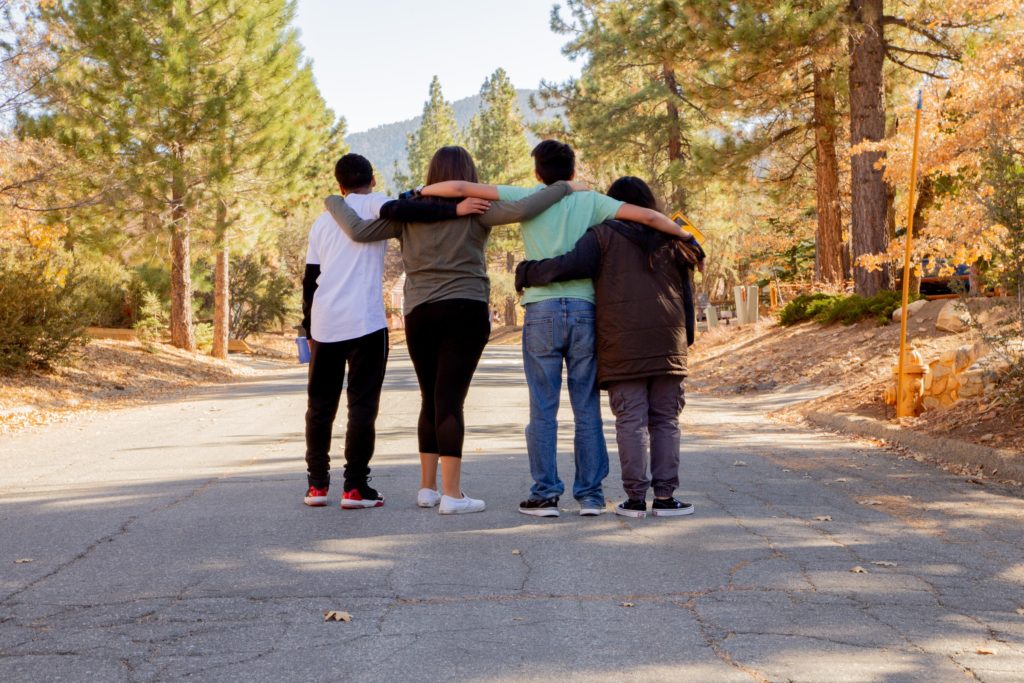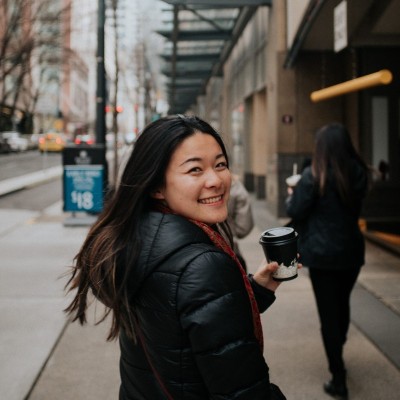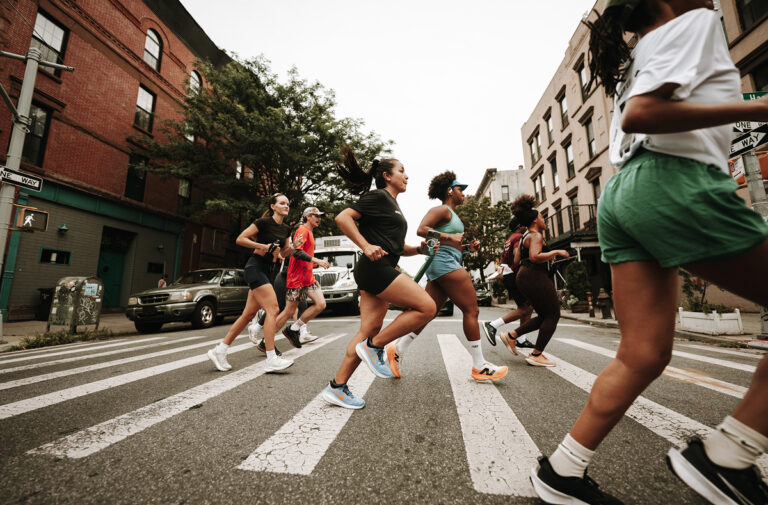Last year, we investigated the impact of COVID-19 on kids and their physical well-being. Inactive and sitting at home, childhood obesity ballooned to all-time highs.
A parallel impact, a year of social isolation is wreaking havoc on kids’ mental and behavioral health.
- Emergency visits related to suspected teen suicide attempts spiked over 30% during the pandemic, rising to an alarming 50% for girls aged 12 to 17.
- Over the past year, psychologists have seen a 30% jump in demand for services for children under 13.
- 71% of parents are worried about the pandemic’s effects on their children’s development, with emotional development cited as the top concern.
And long-term consequences have yet to manifest. An LSE study projected the economic toll of COVID-19 on kids’ mental health at an enormous $390B a year.
As it stands, however, there’s a severe shortage of services; over 70% of US counties don’t have a practicing child psychiatrist.
As existing services get squeezed, startups are taking new approaches.
The kids’ table. Pediatric teletherapy, children’s counterpart to the digital mental health wave, has seen massive growth during the pandemic.
- Last month, Elemy (formerly Sprout Therapy) reached unicorn status after a whopping $219M Series B.
- Brightline secured $72M in June in a GV-led Series B, helping it expand nationwide access to its behavioral health software.
- Of emerging players, Little Otter launched in May with $4.2M in funding while DotCom Therapy raised a $13M Series A in September.
Meanwhile, Daybreak Health has doubled student numbers since the start of the school year while Hazel Health saw a 400% boost in business last year.
Video game therapy. An estimated 129M kids worldwide have ADHD. Taking a non-drug approach, Akili Interactive Labs received FDA authorization last year to market its prescription video game, EndeavorRx. The company just raised $160M with backing from Roblox founder Dave Baszucki.
Mindfulness and sleep. Headspace Health and Calm have both launched initiatives to address the growing crisis. There’s also Moshi, a mindfulness app for children originally launched by Calm co-founder Michael Acton Smith.
Takeaway: We’re only beginning to scratch the surface of the behavioral, mental, and physical impact that COVID-19 is having on kids’ health. Erratic school closures and the absence of in-school services have worsened shortages in care. Filling the treatment gap, a wide array of startups are using tech to help, but improving equal access goes far beyond app development.






